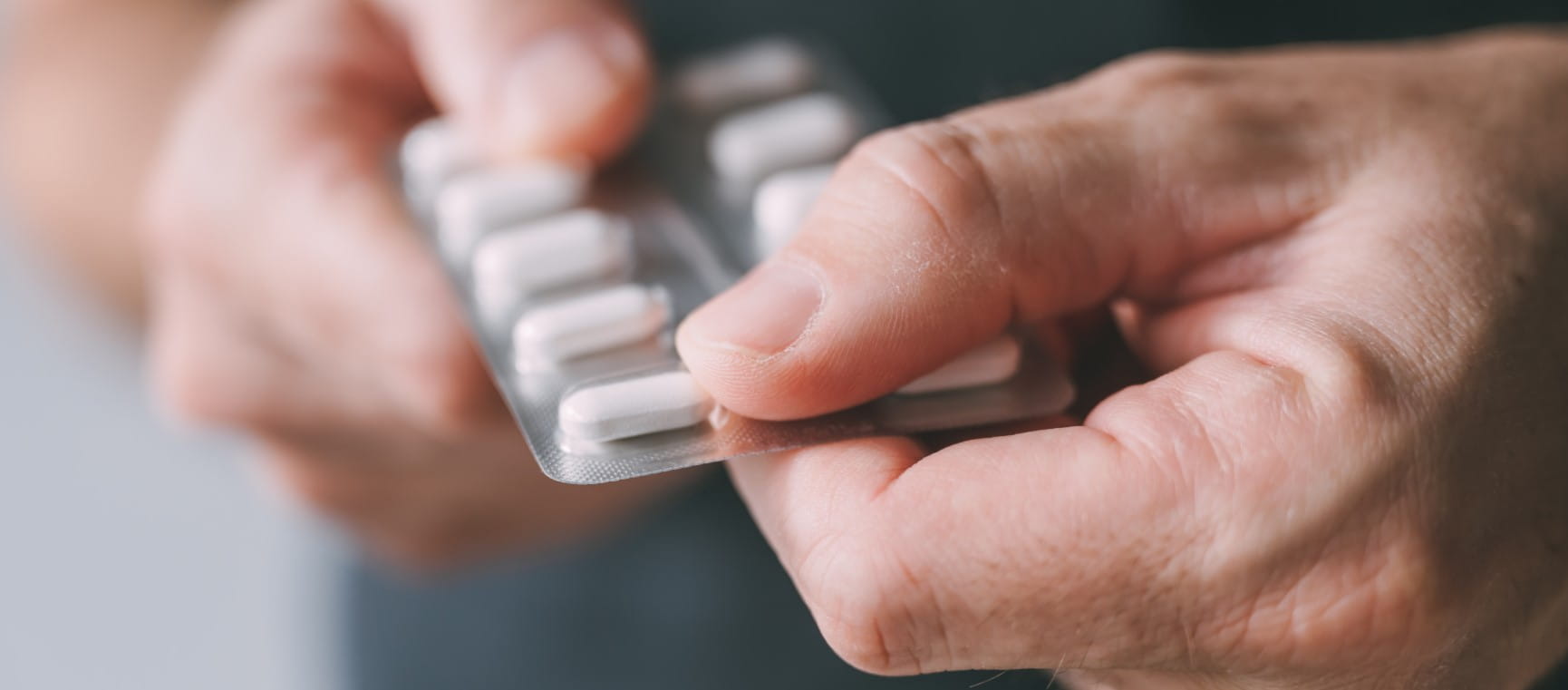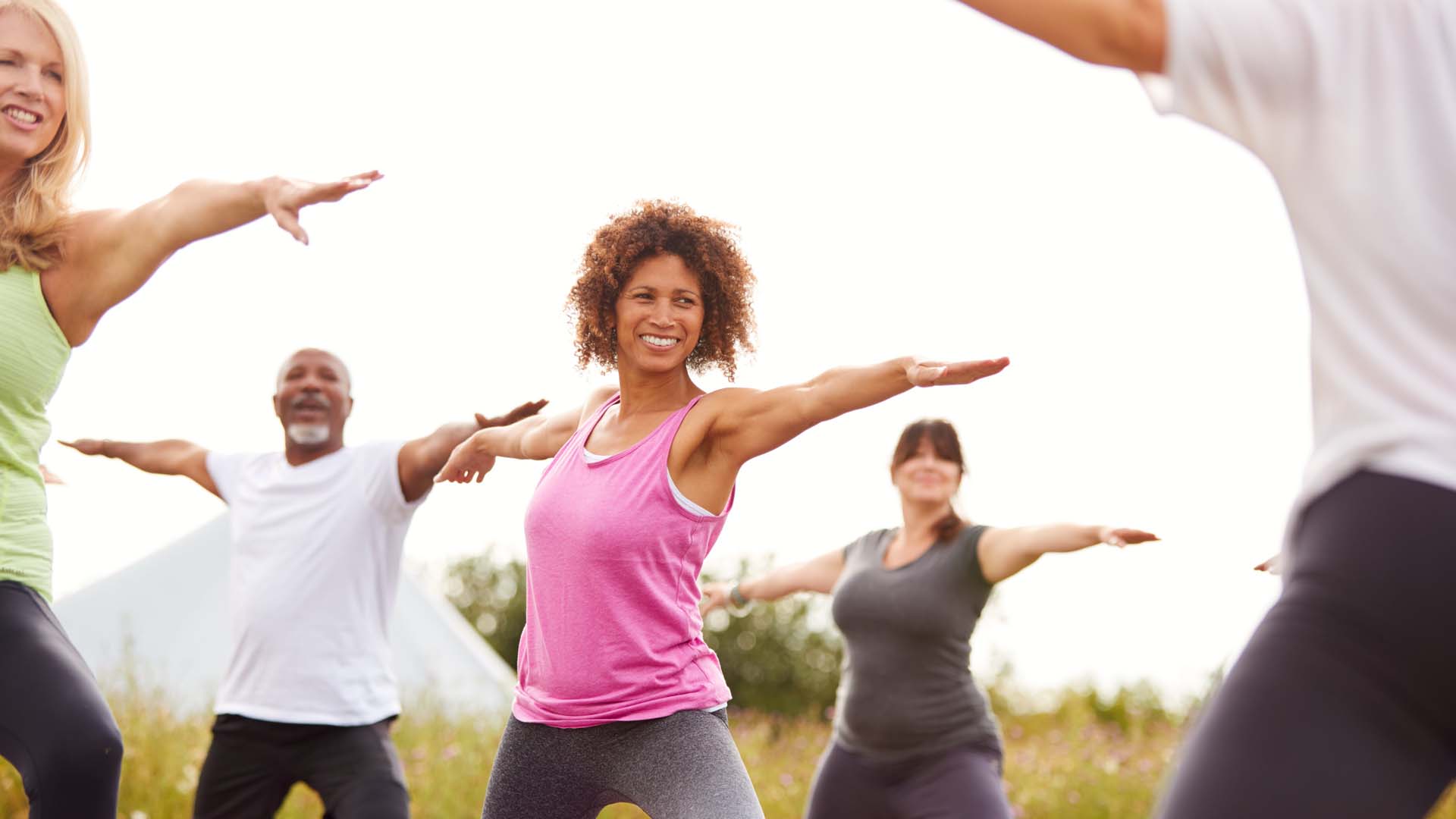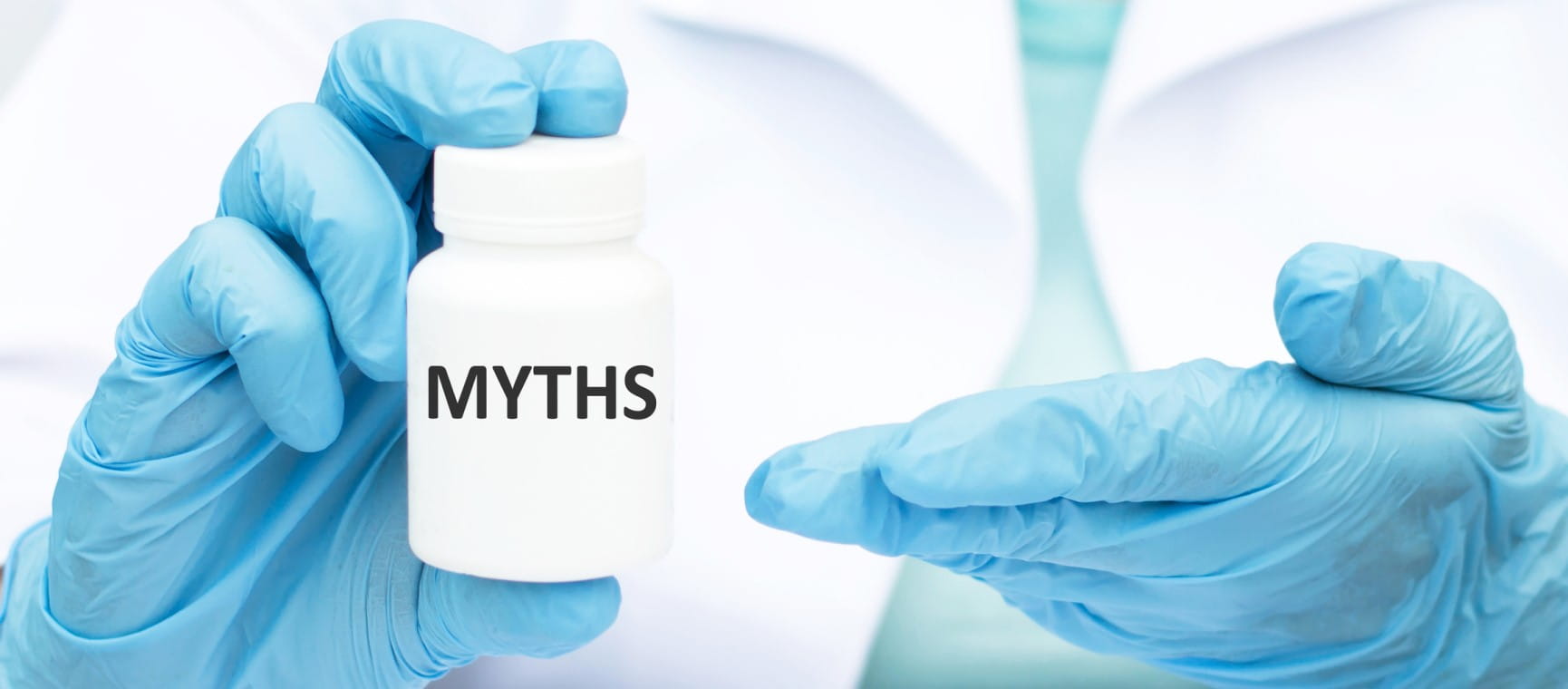
We live in a world where misinformation is rife. This is true nowhere more than in the realm of health, where the internet has helped disseminate frequently inaccurate and medically dubious advice.
A number of health myths have become so widely accepted as to be almost universal. But many of them are completely useless, and sometimes actually counterproductive.
Here are ten of the most prevalent, and the truth behind each one.

This isn’t an invitation to ditch the greens and live on a diet of ultra-processed foods. It’s just that the figure of 5-a-day is arbitrary.
The recommendation originates from a 2002 WHO/FAO (Food and Agriculture Organization) expert consultation, stating that 400g (the equivalent of five 80g portions) of fruit and veg each day can reduce the risk of lifestyle-related diseases.
That comes from large research studies that show eating 400-500g of fruit and veg a day is linked to better health, and in particular reduced risk of cancer.
Whilst this is certainly true, a 2017 study led by Imperial College London argued that the recommendation didn’t go far enough.
“Our results suggest that, although five portions of fruit and vegetables is good, ten-a-day is even better,” said Dr Dagfinn Aune, lead author of the research from the School of Public Health at Imperial.
Indeed, the report suggested that increasing daily consumption to ten portions could prevent up to 7.8 million premature deaths every year worldwide.
That said, ten portions is a big ask. At the moment, only one in three people in the UK manage even five portions. But the message is that any increase in the amount of fruit and veg consumed has significant health benefits.
The Imperial report, for example, noted that a daily intake of even 200g (two-and-a-half portions) leads to a 16% reduced risk of heart disease, an 18% reduced risk of stroke, a 13% reduced risk of cardiovascular disease, a 4% reduced risk of cancer and a 15% reduction in the risk of premature death.
In short, more is better. And, as nutritionist and bestselling cookbook author Jenny Tschiesche points out, “Keeping the variety of fruits and vegetables as broad as possible ensures a more comprehensive range of nutrients, which supports gut health and overall well-being.”
We look at the evidence for whether you really need to eat 30 plants a week?

If the goal is to increase our intake of the good stuff, then it’s best to make it as convenient as possible. Which is why fallacies like the theory that frozen fruit and veg aren’t as healthy as their fresh counterparts are unhelpful.
Indeed, according to Tschiesche, the opposite may be true.
“Frozen vegetables can be more nutrient-dense than fresh ones, as they are frozen soon after being picked, which helps retain key nutrients like vitamin C, vitamin A, and folate.
"In contrast, fresh vegetables often lose nutrients during transportation and display in stores, which can take days or even weeks.”
Every day that fresh products sit in transport hubs, shops and your home, they break down and lose some of their goodness. Added to which, with their long shelf-life, frozen fruit and veg are more convenient, and tend to offer better value for money.

Staying hydrated is vital to our health. It controls everything from regulating body temperature to keeping our vital organs working, and can also influence mood, cognition and sleep quality.
But the idea that we all need to be constantly guzzling nature’s elixir is based on advice stretching back 80 years, to a 1945 report by the US Food and Nutrition Board stating that we needed to consume the equivalent of 2.5 litres of water each day.
More specifically, it’s based on a misreading of that report. Whilst it did state that the “suitable [daily] allowance of water for adults” was 2.5 litres, it went on to explain that much of this water comes from food, juices, coffee and tea.
Even the original figure of 2.5 litres is an arbitrary one. There are plenty of variables to factor in, including activity levels, ambient temperature, genetics, health conditions and medications.
Fortunately, according to cardiologist and author Christopher Labos MD, MSc, there is a straightforward way of ascertaining when your body needs more water.
“If you find yourself in a water deficit, your body has a very simple mechanism for letting you know. Put simply, you will get thirsty.”

The manifold benefits of exercise are well-established. According to NHS guidelines for older adults, if you are already active, you should be aiming for at least 150 minutes of moderate intensity activity or 75 minutes of vigorous intensity activity every week, and be physically active every day.
But squeezing exercise into often busy and hectic everyday lives is not always manageable. It’s all too easy to get to the evening without having partaken in an activity to get the heart rate up. At which point, many people will forego exercise because of the oft-quoted theory that exercising in the evening will interfere with sleep.
In fact, a 2018 study by scientists from the Institute of Human Movement Sciences and Sport at ETH Zurich demonstrates quite the opposite. Researchers examined 23 studies into the subject, and found that, far from preventing sleep, exercising in the four hours before turning in helped people fall asleep faster and spend more time in deep sleep.
“If doing sport in the evening has any effect on sleep quality at all, it’s rather a positive effect, albeit only a mild one,” says Christina Spengler, head of the Exercise Physiology Lab at ETH Zurich.
The only proviso is that you should try and avoid intense physical exercise in the hour before going to bed, as that may indeed delay the arrival of sleep.

The theory behind this idea makes sense. If you eat before bed, your body will metabolise the foods slower at night, storing more of the energy as fat. But it is predicated on a misunderstanding.
The truth is, your night time basal metabolic rate is not significantly lower than its daytime counterpart.
And yet there are several studies indicating that eating before bed could lead to weight gain. This has less to do with nighttime physiology than you might think.
What is going on here is that often people snacking in front of the TV, for example, are simply consuming an extra meal, constituting more calories than they need.
This is exacerbated by the types of food people tend to snack on.
“Typically, people who are eating at night have probably consumed an evening meal, so then their night eating would entail snack items like ice cream, cookies, popcorn or chips,” says Betsy Day, Weight Loss Clinic Manager at University of Arkansas for Medical Sciences.
“Too many calories taken in versus not enough expended on any given day, regardless of the time, will lead to weight gain.”
In other words, it’s not when you eat, it’s what you eat, and how much of it.

The discovery that egg yolks were high in cholesterol led to people worrying that they shouldn't eat eggs, as well as to the invention of the monstrosity that is the egg-white-only omelette.
And yet it turns out that people need not have been eating these thin, flavourless creations at all. Because while egg yolks are indeed high in cholesterol, it isn't actually cholesterol in food you need to worry about in terms of your own cholesterol levels. Eating saturated fat is the main thing that's linked to a rise in blood cholesterol.
As Jenny Tschiesche explains, “Despite containing cholesterol, eggs have been shown to have minimal impact on blood cholesterol for most people. Eggs are nutrient-dense, providing protein, vitamins, and healthy fats, and consuming one or two a day is generally safe for heart health in most individuals, especially when combined with a balanced diet.”
And eggs are also packed with nutrition. A single egg contains around 7g of protein, and micronutrients including vitamin B12, riboflavin, iron and selenium. And guess where most of this nutrition is stored? That’s right – the yolk!

The idea of a cleanse or a detox is that your regular diet is replaced by a juice, shake, supplement, herb or tea for a set period of time, ranging anywhere from a few days to a few weeks.
The theory is that the body, and in particular the liver, will reset, and the body will purge itself of all toxins.
The problem is there is no medical evidence to suggest that these products have a detoxifying effect on the body. Furthermore, such a limited diet means the participants are not getting the fuel and nutrients they need to thrive.
As Jenny Tschiesche explains, the body is already equipped to detoxify itself.
“Your liver, kidneys, and digestive system are already designed to remove toxins efficiently. Thus, a ‘detox’ isn't necessary for this process to function properly.
"Detoxes and cleanses are often highly restrictive, leading to nutrient deficiencies. A balanced diet provides the essential vitamins, minerals, and macronutrients your body needs for long-term health.”
We naturally get rid of toxins through our breath, sweat, urine, and faeces. If you want to give your body a kickstart, there are plenty of ways to aid the detoxifying process: Eating a diverse diet with plenty of fruit, vegetables, grains, pulses, beans, seeds and nuts, and avoiding highly processed foods, is a great place to start.

One of the most oft-used metrics of health used by doctors in the UK is the Body Mass Index (BMI). The original basis for this was invented by Adolphe Quetelet, a Belgian mathematician and statistician, in 1832 – although the term Body Mass Index was not coined until 1972.
It is calculated by dividing your weight in kilograms by the square of your height in metres.
Normal weight is classified as a BMI of between 18.5 and 25, and obese is a BMI of 30 or above.
But when it comes to measuring health, the BMI is a very blunt tool. It takes no account of muscle mass or bone density, both of which can contribute to a person’s weight.
Using BMI, athletes such as sprinters, rugby players and bodybuilders would frequently be classified as obese.
There are also other factors to consider when it comes to weight, as GP Dr Jonny Coxon points out: "One of the key indicators of health is not the body fat percentage, but where the fat is actually stored in the body.
"Fat stored in the belly or around the organs is a red flag, but if it is stored around the hips and bum, it is far less of a worry. Yet a simple BMI measure fails to distinguish between the two."
Furthermore, research also indicates that in adults aged 65 and over, having a BMI within the “overweight” category can actually help protect against a greater risk of death, whereas a BMI below 23 has the opposite effect. It would appear that ‘normal’ BMI ranges do not work as well for predicting health risks in older people.

Conventional wisdom suggests that we need less sleep as we get older. Unfortunately, science says different.
Both Age UK and the National Institute on Aging in the US agree that all adults need 7-9 hours of sleep a night.
According to Age UK, “we need the same amount of sleep as we get older, but we are less able to stay asleep as we age.”
"One of the reasons we sleep less well as we age is because the body produces less melatonin as we get older, but other factors may also be relevant,” says Dr Coxon.
“Discomfort caused by health conditions, medication, and the need to get up and go to the loo can all contribute to a poor night’s kip."
According to sleep specialist Lauri Leadley: “Older people spend less time in the deeper REM stages of sleep, causing an issue for consistent deep sleep. In addition, the circadian rhythm changes with age, causing earlier sleeping hours and earlier awakening hours.”
Yet older people often feel they can stay up as late as they used to, resulting in sleep deprivation.
Tips for getting more sleep include setting a routine, particularly around bedtime, and avoiding lie-ins in the morning; getting regular exercise; avoiding daytime naps; keeping your bedroom cool; and avoiding stimuli too close to bedtime.

You might already know this one is a bit of a myth – although there’s a brilliant story behind it.
In the early years of World War II, the Luftwaffe launched a series of nighttime bombing attacks on British targets. The RAF was equipped with a new technology, Airborne Interception Radar, which allowed them to pinpoint enemy planes in the darkness.
Wing Commander John Cunningham was the first RAF pilot to shoot down an enemy plane using the radar system, and went on to record 19 of his 20 ‘kills’ at night.
The Ministry of Information, eager to keep the radar a secret from the Germans, put out the misinformation that British pilots were eating large amounts of carrots, which helped them see in the dark.
The British public lapped it up, further encouraged by posters which advised them that carrots would help them see in the blackout.
The myth persisted for decades afterwards – any child born as late as the 1970s and 1980s was exhorted to eat carrots to help them see in the dark.
But, like all the best lies, this one had an element of truth to it. Carrots contain large amounts of beta-carotene, which the body converts into retinol, a form of vitamin A which is vital for eye health.
Furthermore, retinol helps the body to synthesise rhodopsin, a pigment in the eyes that operates in conditions of low light. Vitamin A deficiency can cause ‘night blindness’, a condition that can be ameliorated by eating carrots.
Benjie Goodhart divides his time between working as a freelance journalist and in the TV industry. He has written regularly for The Guardian, GQ and Saga Magazine, and worked for Channel 4 in programme publicity. He lives in Brighton with his wife, two children, and three tellies. He loves the tellies most of all.
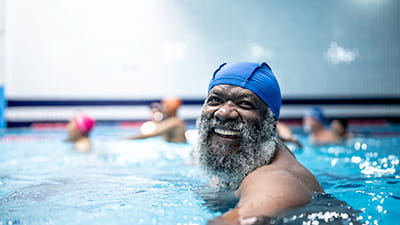

Health insurance for people over 50 that provides a quicker route to diagnosis and planned medical treatment in a private facility.
Underwritten by Bupa Insurance Limited.
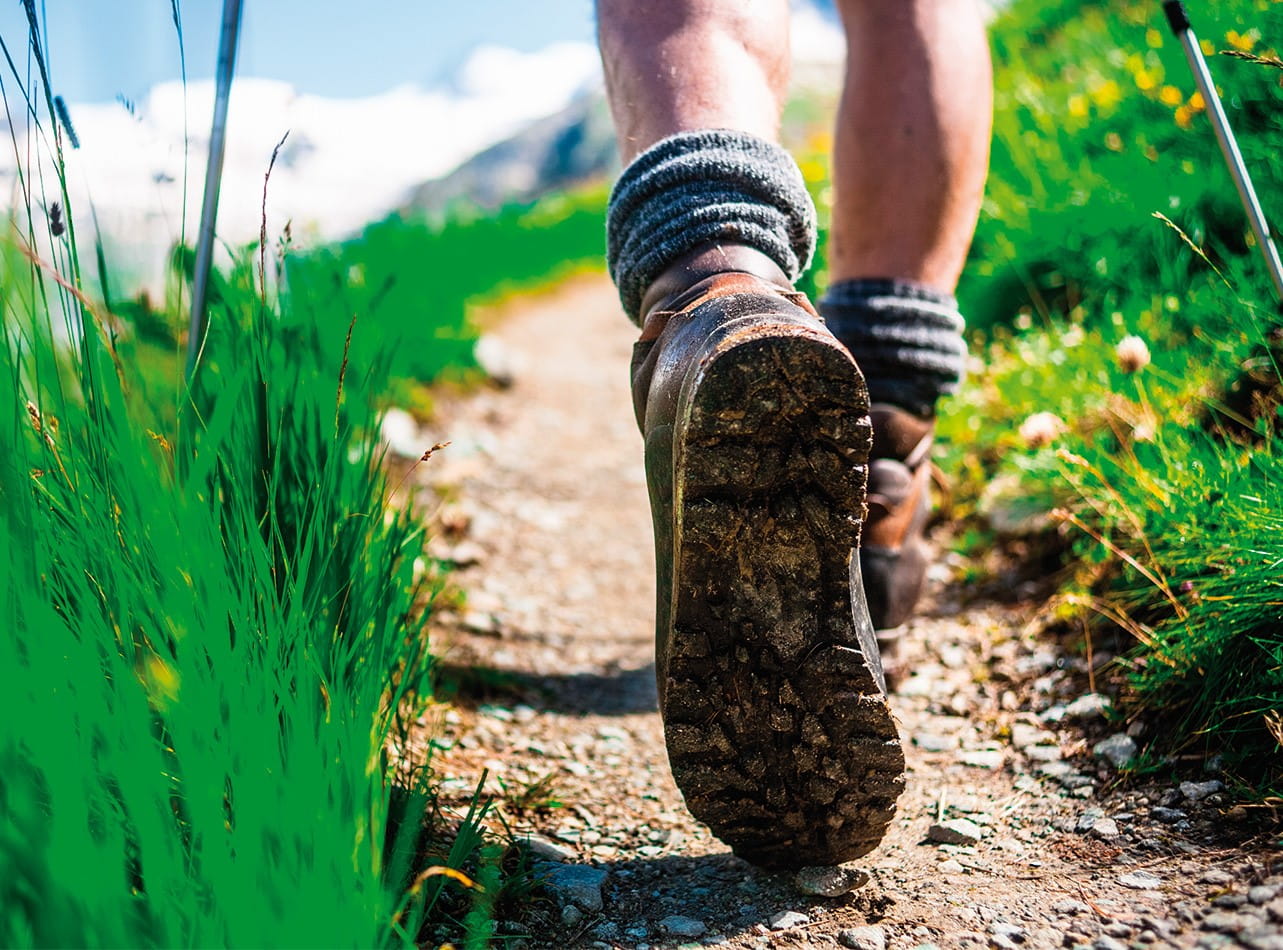
Find out about Saga’s walking holidays here…
Saga’s walking holidays are perfect for exploring Europe’s stunning destinations on foot. They’re suitable for all fitness levels and offer a well-balanced mix of guided walks and relaxation.

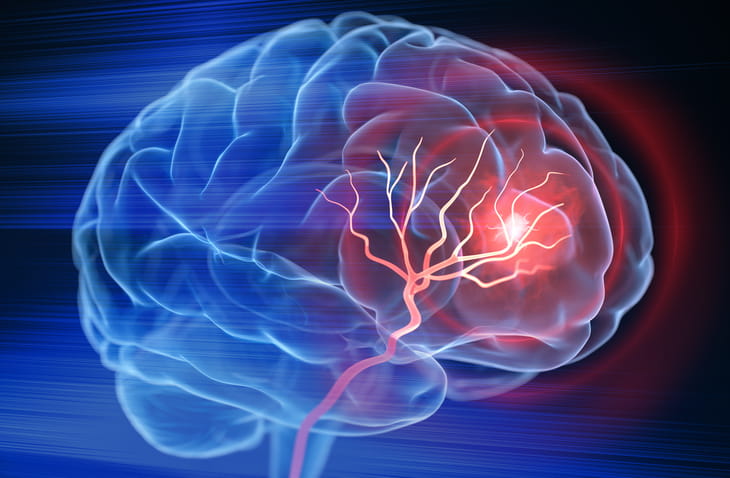
Facial weakness, a sudden headache and dizziness can all be signs of a stroke, we've got the facts from an expert.
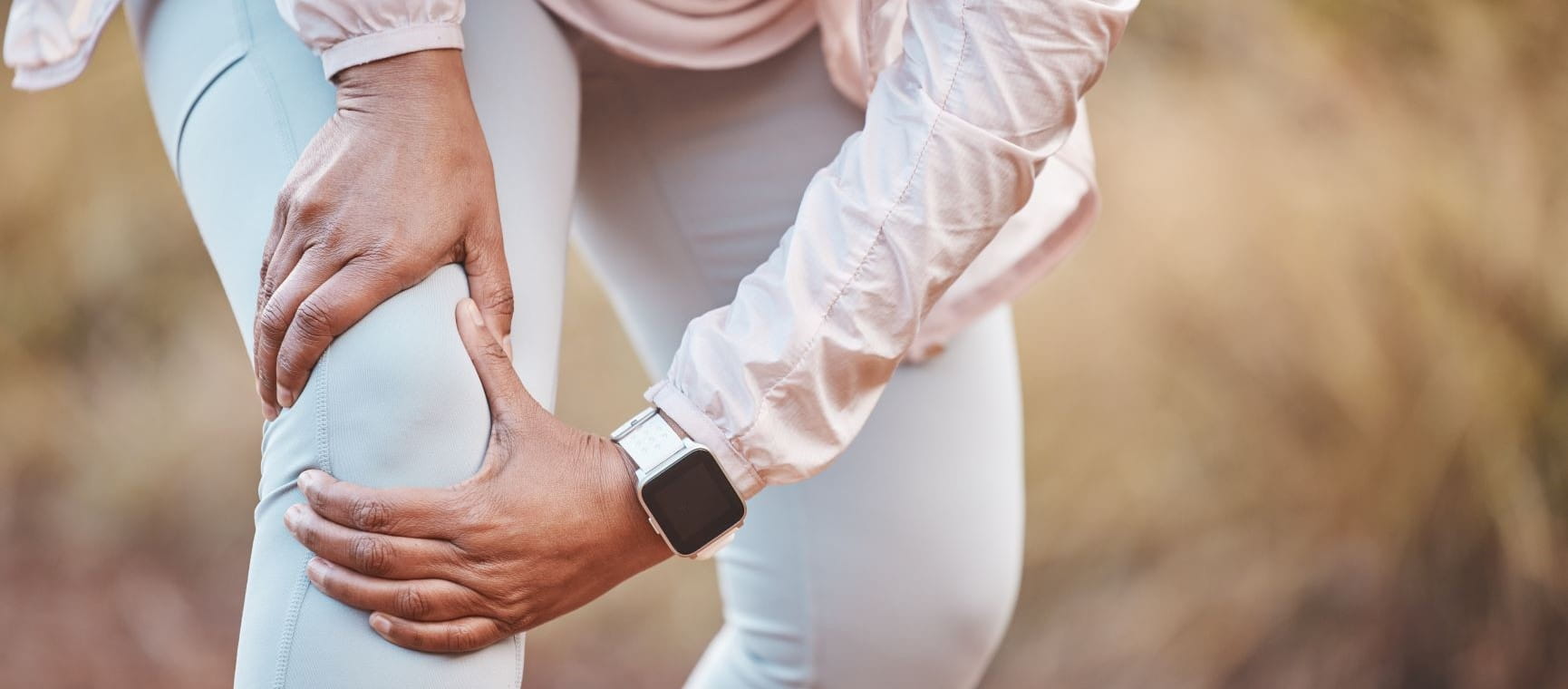
Knee pain is more common as we age: to help we've got the best advice from 3 leading experts with easy ways to make a difference.
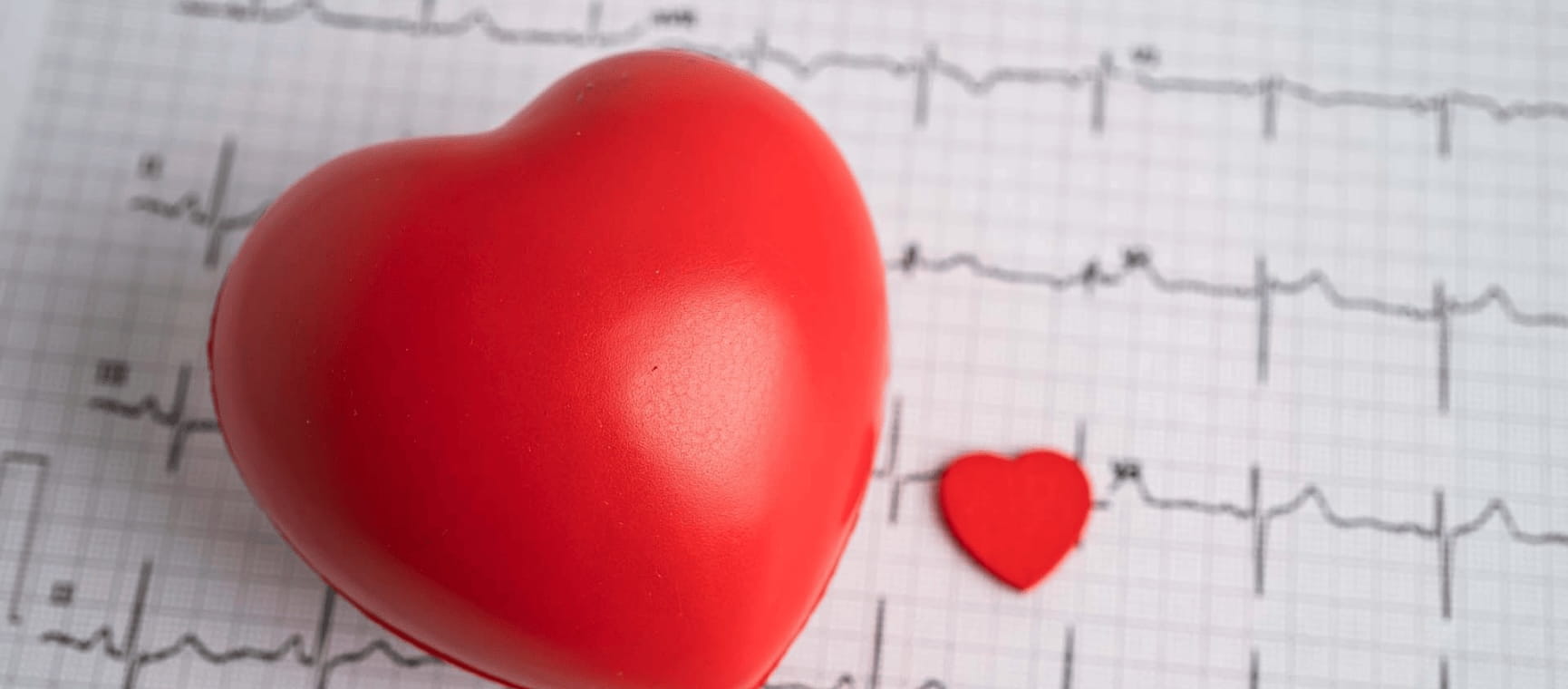
Do you know the symptoms of a heart attack? Here’s what to look out for, and how to prevent one.
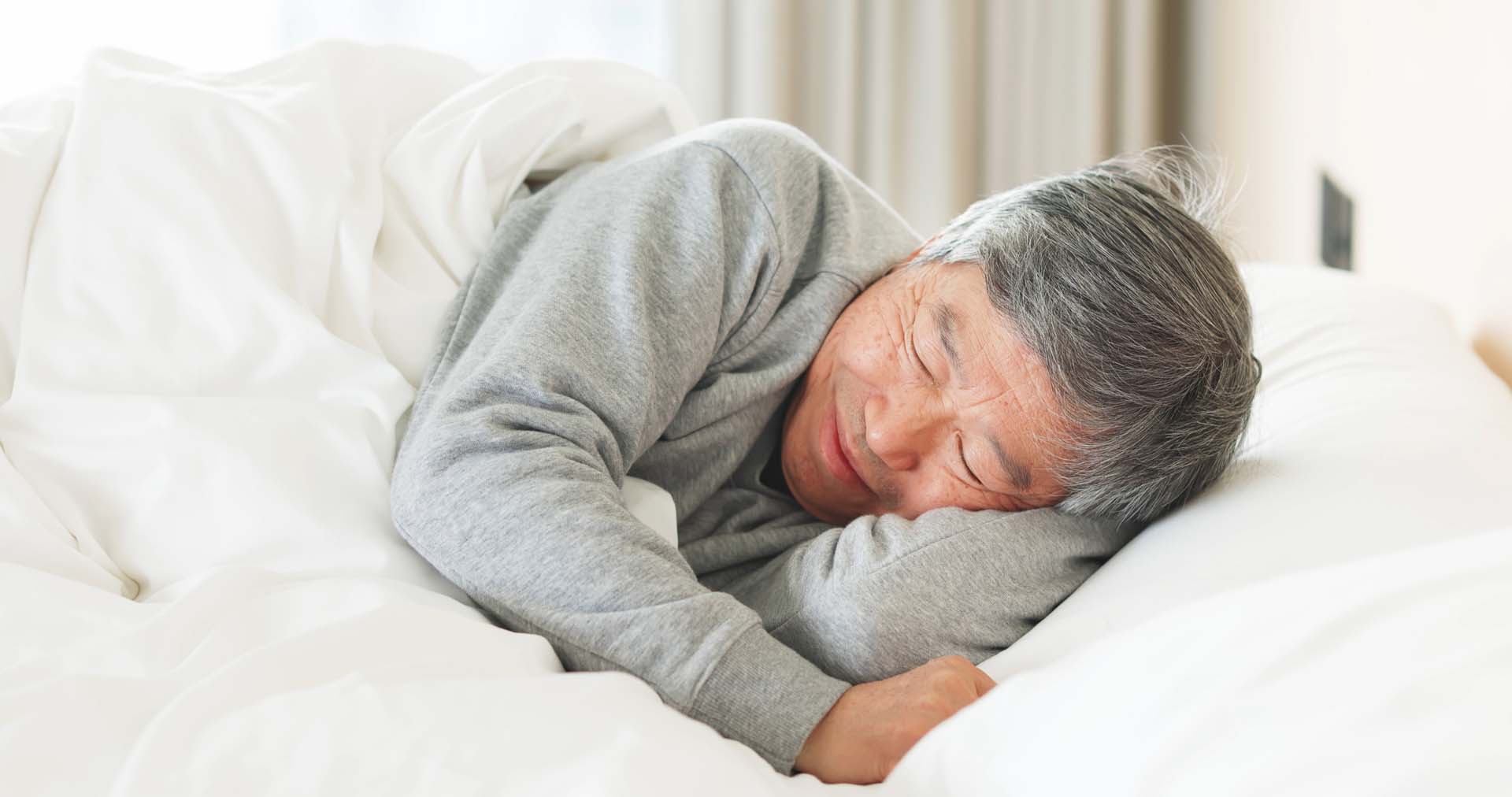
Front, back or side? Which sleeping position is best for you as you get older, and which ones you should avoid

